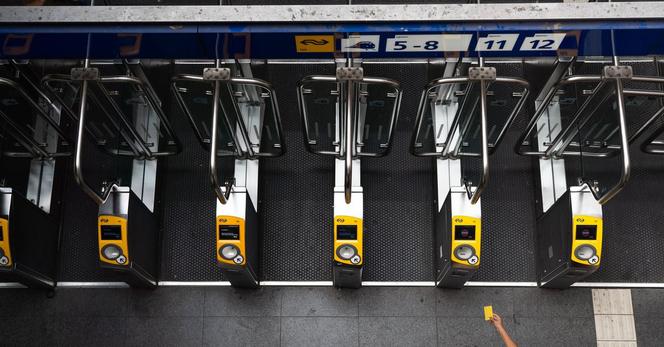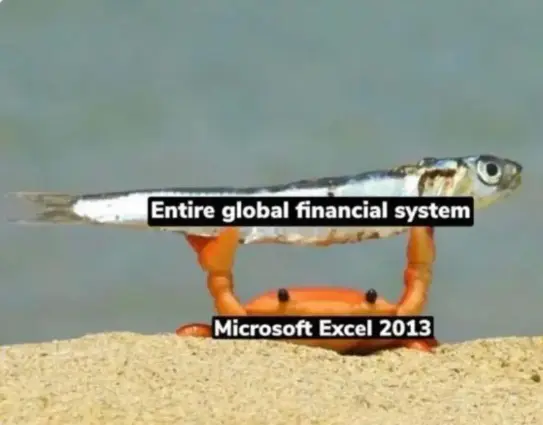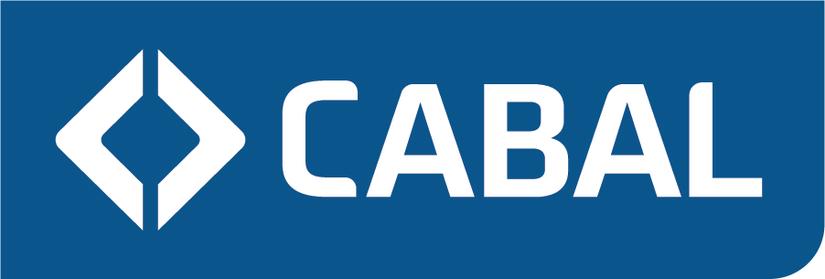We are concerned about about the US being able to switch off or spy on our cloud instances.
But what about payment infrastructure? All payment card companies we use are US based (visa, mastercard, amex). In some European countries like Denmark they have their own system alongside (Dankort). The Dutch sold off all their own card issuers providers long time ago.
https://epicompany.eu/ is supposed to provide an alternative but haven't seen any updates on that in a while.

@barbarakathmann @bert_hubert misschien vinden jullie dit ook interessant / belangrijk
This may actually be a good starting point: https://www.europeancardpaymentassociation.com/?page_id=97
Should be mentioned also that the plan also was that all public transport cards in Netherlands would become technically nothing more than a bank account at #bunq with a MasterCard.

@ph00lt0 @barbarakathmann @bert_hubert Wero = ideal. Dus NL zit ok. Maar Paypal en creditcards zijn in andere EU landen helaas een stuk populairder. Maar Swift zit in België natuurlijk.
@ph00lt0 we should support this initiative
@ph00lt0 No worries, the Dankort is well in process of being phased out. You see, if somebody phishes your ID on a Dankort, the bank or shop takes (at least some of) the loss. If it's a Mastercard, it's all on you.
@valpackett I don't think so. The EU should really be able to allow local companies to run payment cards.
@ph00lt0
In France we also have a domestic system (CB) which every merchant must support alongside Visa & Mastercard if they wish. I agree that a European system is needed.
@bert_hubert
@ph00lt0 Well the product of EPI is called Wero and it's usable right now. The scope however is still quite limited and compatibility of banks not really universal. If both of these issues could get resolved... Well one can dream.
@noa I am aware. But it is supposed to deliver quite a lot more.
@ph00lt0 Did we sold off card issuers? I'm only aware of just discontinuing them (Chipknip, PIN), by Interpay and later Currence.
@eloy well Eurocheque, Eurocard and Europay were all party owned by different entities as consortium across the BeNeLux although hqed in Bruxelles.
@ph00lt0 the article you shared is about Translink not using bunq as e-money provider, so your statement is incorrect
@xvilo read again. And yeah luckily alipay is not used...
@ph00lt0 bunq is not used anymore for OV-Pas. At least, it should not. I just ordered one yesterday so we can double-check the tech of it once it gets in the mail
@ph00lt0 there's a start of an alternative currency
: https://g1currency.org/
it still needs to spread more widely but one big advantage is it squeezes banks, credit card and governments ; a bit like internet for information
#G1 #monnaielibre #g1currency #banking
@ghyom not quite what we need. A unregulated currency is a horrible thing for democracy.
@Nic3 not quite a way to male payments in stores or get money out of an ATM




